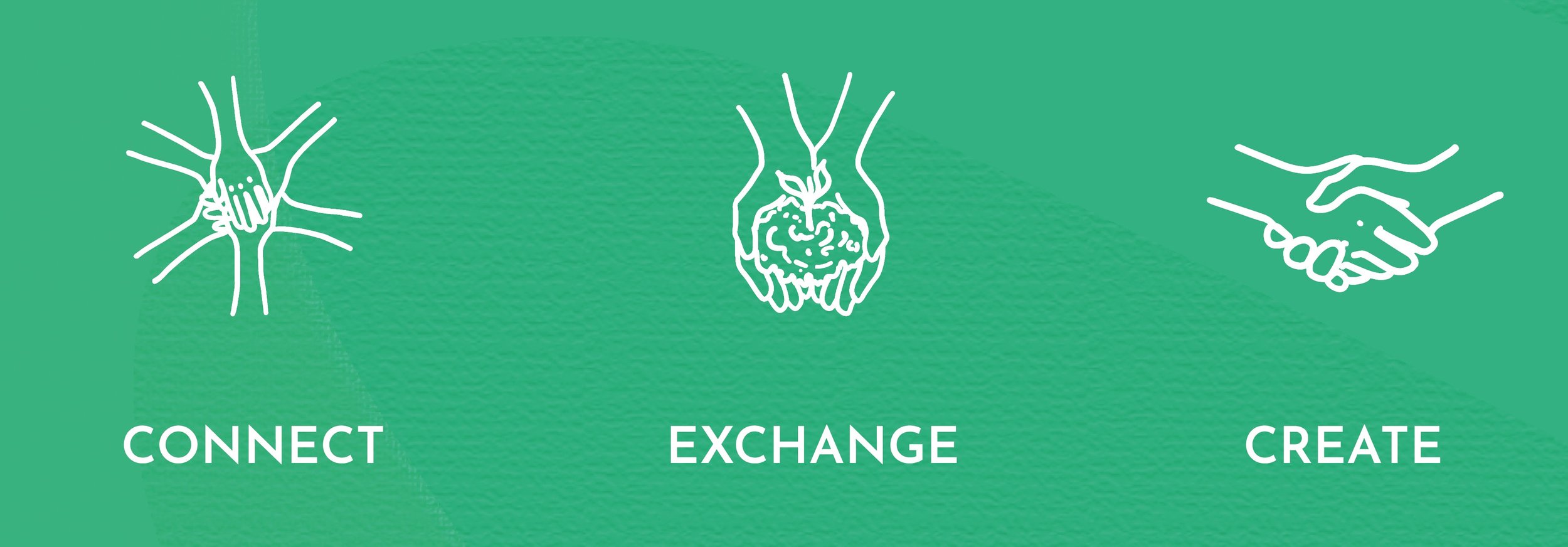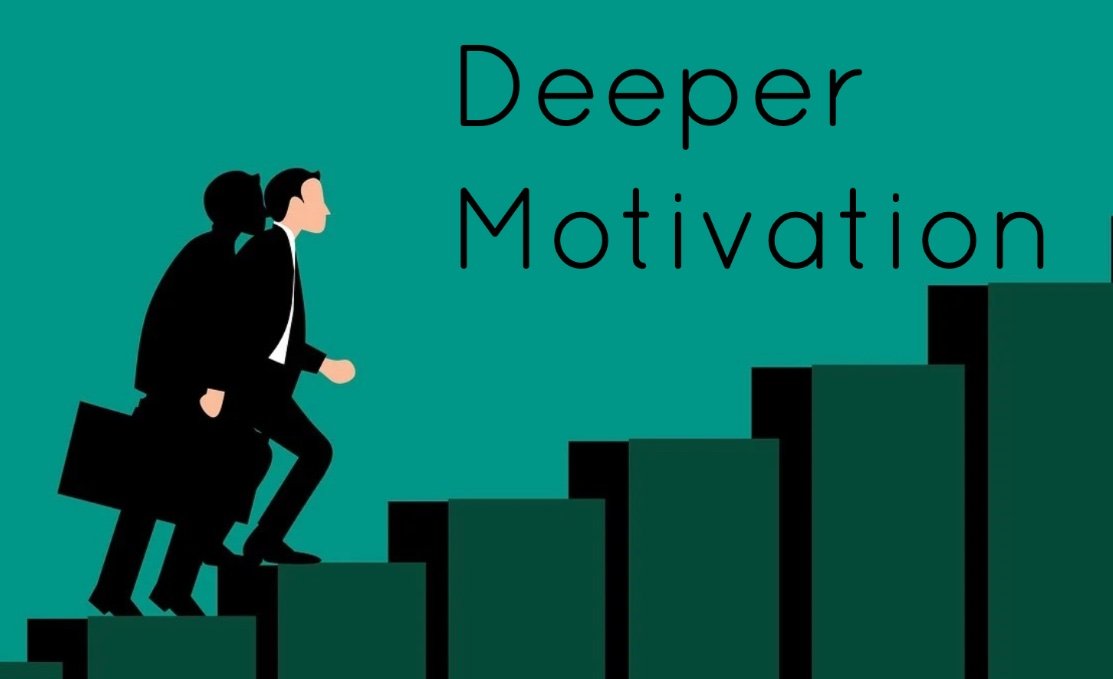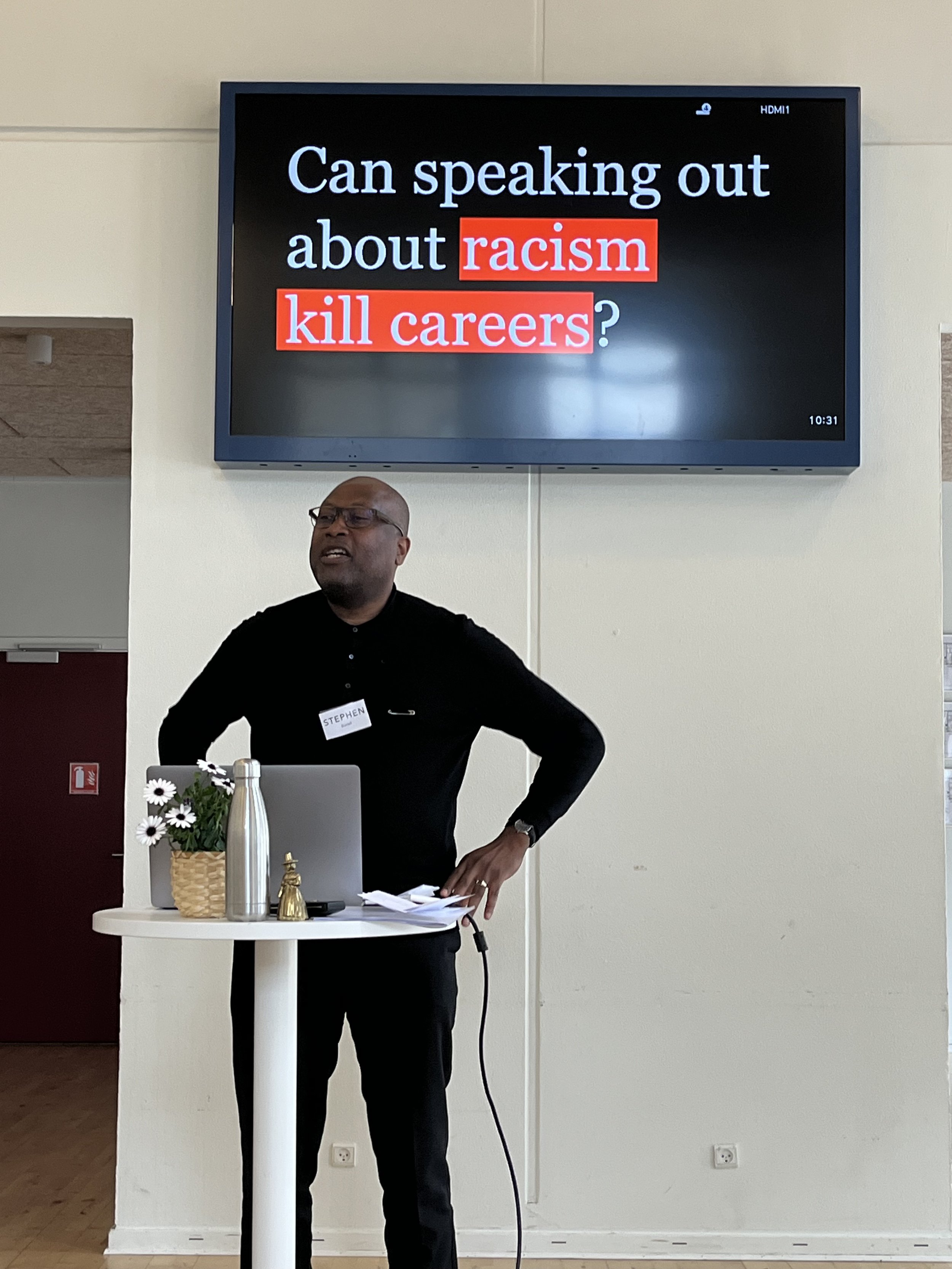Diversity, equity and inclusion (DEI) is not only about skin colour; it’s about giving people who have talent the opportunity to express that talent. Often, the starting point can be biased, leading those who are not white to question:
a) Whether they possess the required skills, and
b) If they are the best person for the job.
I advocate for DEI policies because I recognise that many talented individuals from minority backgrounds deserve the same opportunities as the majority. In practice, minorities often need to be exceptional to secure white-collar jobs because societal structures have historically disadvantaged them. I think the western world was built on a patriarchal framework by the white majority, and it was not originally designed to include minorities.





















